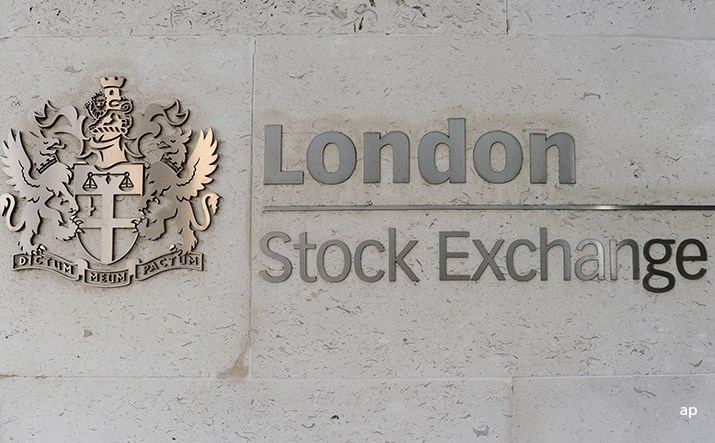Holly Black: Welcome to the Morningstar Investment Board. I'm Holly Black. Today, we're talking diversification. Diversification sounds a bit complicated, but it is basically the investment equivalent of not putting all of your eggs in one basket. So, we spread our money across lots of different stocks and shares or funds so we're not too exposed to what happened with any single one of those.
So, for example, last year on the FTSE one of the top-performing stocks was JD Sports, the company on the high street that do athleisure wear and trainers. And so, its shares went a little bit like that. They were up 138% which is a pretty good year if you held those shares. Now, at the other end of the spectrum was a company called NMC Health and their share price last year did something like this, and they finished the year down 35%. So, the point is, rather than have to put up with this and this, although this is very lovely, we can't guarantee that's going to happen. But if we invest in a mixture of shares, all doing different things, hopefully our investment journey looks a bit more smooth. And we get this nice upward trajectory that doesn't scare us out of our wits every time we log into our investment portfolio.
So, let's consider this in a slightly different way. We'll look at if we had £10,000 to invest and how we might do this differently. So, let's say our first person just picks two companies to put their money in, Company A and Company B, very imaginatively named, and they just spread their money equally between those, £5,000 in each one. On the other side, is someone that tries to diversify a bit more. They're going to spread their £10,000 equally across 10 companies. These are pots of money, by the way, not gold bars. So, they put £1,000 in each of these. They've also got company A and B. They've also got C, D, E, F, G, H, I and J. And our third investor likes to invest through funds. So, they pick four funds with £2,500 invested in each one. And let's say, each of those funds invest in 10 companies. So, they've actually only got £250 in each company, this person, and this one holds company B.
Company B goes bust. Sorry, Company B. So, let's look at the different effects. This person when Company B went bust has lost half of their money. So, they've now only got £5,000 left. This person who was slightly more diversified, well, they've lost £1,000, because Company B only made up 10% of their portfolio. And this person only had a £250 exposure to Company B because they're effectively investing in 40 companies. So, they've come out with £9,750 pounds. They didn't even notice Company B went bust. They were on holiday that week, they didn't check their portfolio. They don't care. So, that shows you how diversification can protect you. This person was left very exposed when Company B went bust and these two lesser.
But the problem with diversification is it also works the other way. So, this is why we get some fund managers that invest in very few companies because they're certain they're going to do a JD Sports and go up and they want to maximize their exposure to that. So, in a different world we will say Company B doubled its share price. So, actually, what happened here was we got another £5,000. And this person actually ended up with £15,000 from their original investment because half of it doubled. This person, the £1,000 they had invested in Company B doubled, which is nice, wouldn't say no to it, and they ended up with £11,000. And this person again, only had £250 exposed to Company B, so their £250 doubled, and they ended up with £10,250.
So, diversification can protect you on the downside but can limit your upside. So, it shows that although you want to spread your money, you still need to have conviction in what you're choosing and not spread it too thinly. And that's diversification.





























